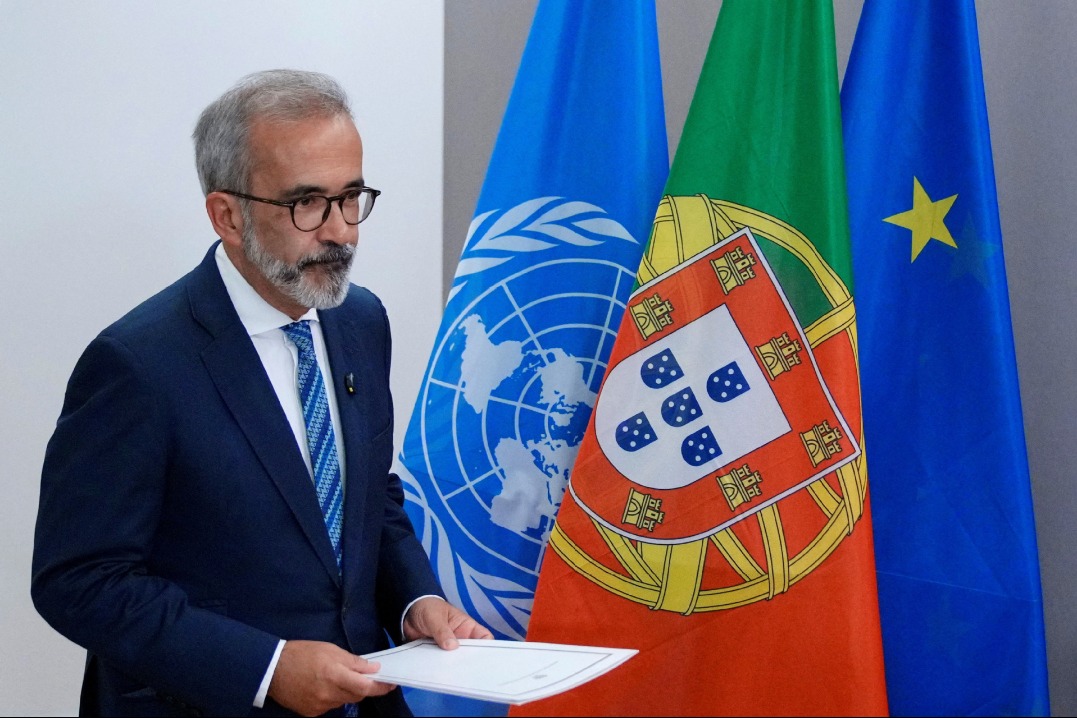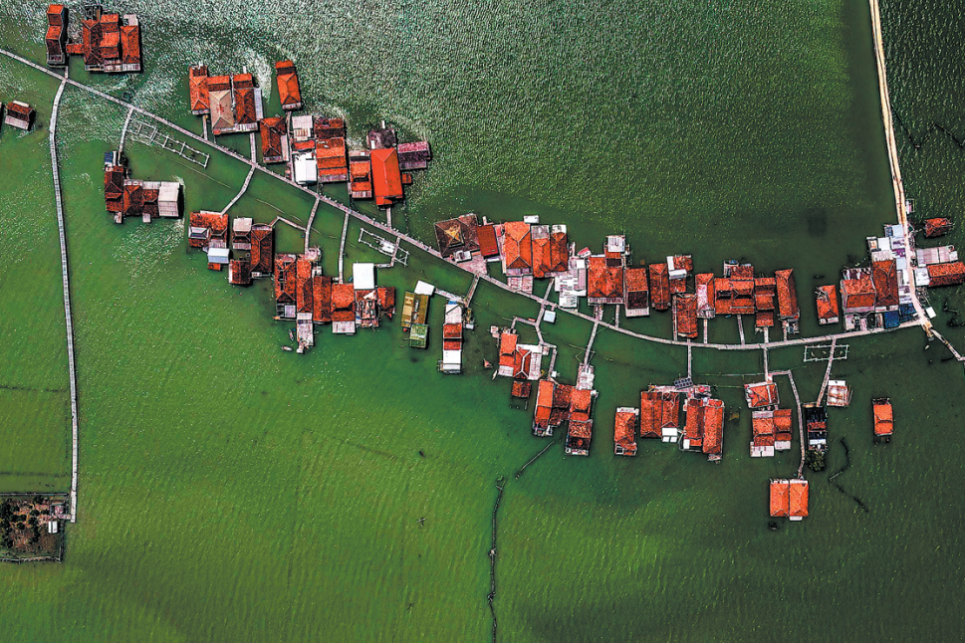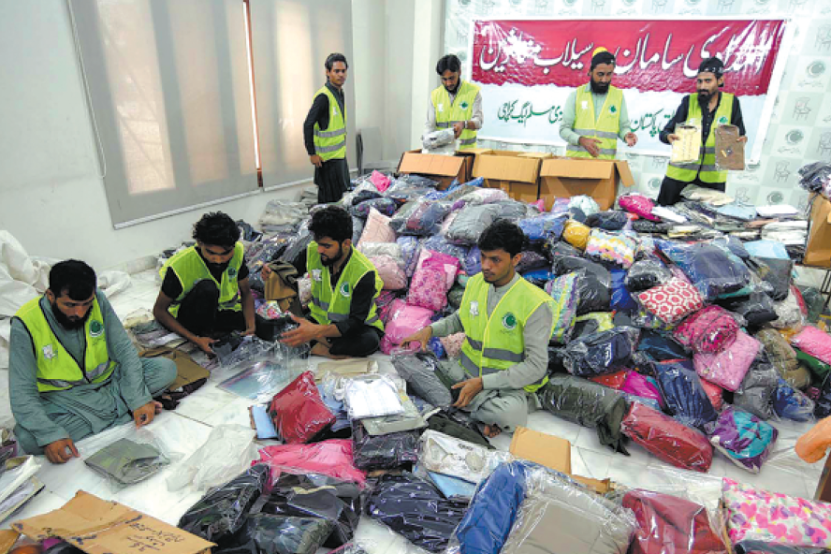China's zero-tariff policy for Africa commended

China's zero-tariff policy for goods imported from 53 African countries with which it maintains diplomatic ties is expected to boost Africa's economy and offer the continent a benchmark to seek equal or better terms from other trading partners, say leaders and experts.
The policy was announced in June during the Ministerial Meeting of Coordinators on the Implementation of the Follow-up Actions of the Forum on China-Africa Cooperation, held in Changsha, Hunan province.
Addressing a recent event in Accra, the capital of Ghana, Ghanaian President John Dramani Mahama commended China's zero-tariff policy as a "unique opportunity" for Africa to expand exports and strengthen resilience. He urged African countries to strategically position themselves in global supply chains by studying China's import patterns, particularly in the field of agriculture.
"China, with zero tariff, is an incentive for us to export into the Chinese market. We need to look at the items that China imports and see where we have comparative advantage to be able to take up those imports," Mahama said.
With vast arable land and untapped production capacity, countries such as Ghana are well placed to diversify exports and turn China's tariff-free access into a driver for inclusive growth and industrialization, he said.
Mahama compared China's move with the tariff war started by the United States, which has imposed up to 15 percent tariffs on Ghana and other smaller African economies before the African Growth and Opportunity Act expires at the end of this month.
Under the act, which was enacted in 2000, thousands of goods from eligible sub-Saharan countries enjoy duty-free access to the US market.
Mahama cautioned against the US' unilateral changes to the global trading system, warning that while such measures may yield short-term gains for the US, they risk destabilizing international commerce in the long run.
Kenyan President William Ruto also pointed to new opportunities presented by China's zero-tariff policy while addressing the Kenya Tea Development Agency, a major East African tea business that supports more than 600,000 smallholder tea farmers.
Value addition
China's removal of tariffs on Kenyan tea, coffee and other farm products will help shift the industry's strategy from bulk exports to value addition, he said, expressing the hope that Kenya's tea exports will see a significant growth over the next few years.
"We are going to bring more people from China to work with us to process our tea, so that we keep the jobs here, keep the value here, and export our finished products to China," Ruto added.
Socrates Majune, an economist at the University of Nairobi in Kenya, said China's zero-tariff policy not only expands Africa's export potential in high-value sectors, such as cocoa derivatives, but also enhances the continent's leverage in global negotiations.
The offer stands out compared with existing partnerships with the European Union or the US, where tariff reductions are often tied to policy commitments, Majune said.
"China's zero-tariff framework directly addresses Africa's trade imbalances and opens space for scaling targeted value chains," he said, noting that the initiative provides Africa with valuable leverage. "China's zero-tariff treatment gives Africa a benchmark to demand equal or better terms from other partners."

































